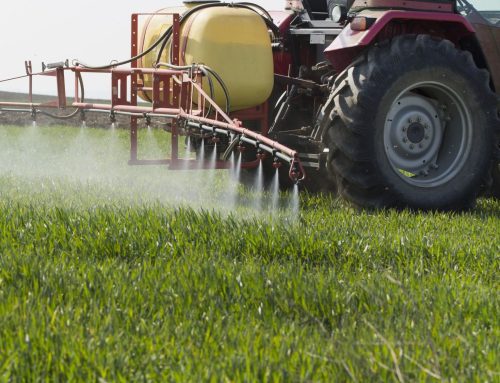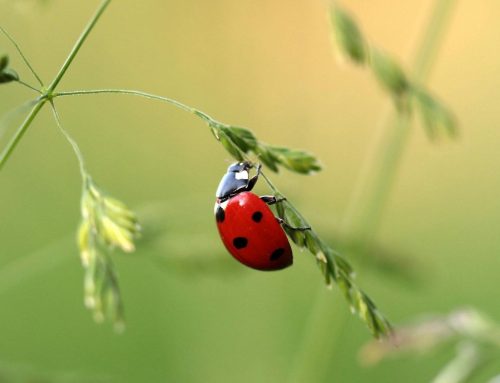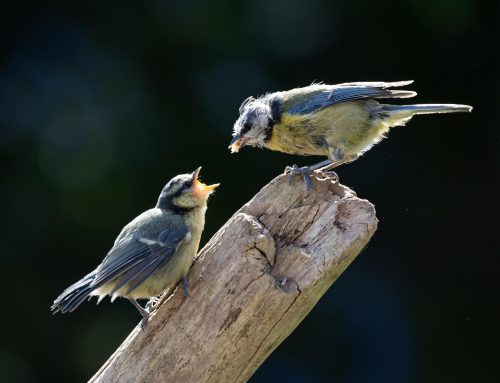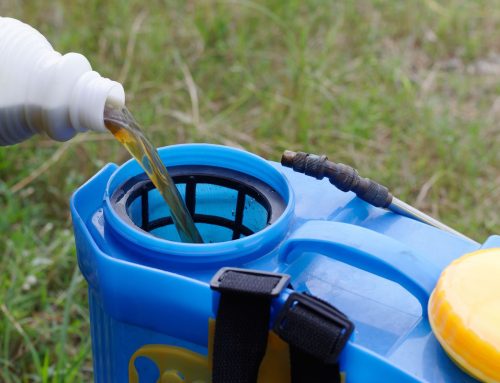Caribbean farmers have been encouraged to increase local food production, particularly fresh fruits and vegetables. However, a new study published in Frontiers in Public Health highlights that there is a significant issue of occupational pesticide exposure among vegetable farmers in Jamaica and Trinidad. During a cross-sectional survey of 527 smallholder vegetable farmers, 48% of farmers in Trinidad and 16% of farmers in Jamaica reported experiencing symptoms of acute pesticide poisoning within the previous 12 months. The economic consequences are potentially substantial, with significant workdays being lost due to pesticide-related illnesses, impacting both individual farmers and the broader agricultural economy.
A substantial proportion of the poisoning incidents were associated with a few highly hazardous pesticides (HHPs), particularly lambda-cyhalothrin, acetamiprid, profenofos, alpha-cypermethrin and paraquat. Paraquat, for example, is a herbicide that is banned in at least 67 countries worldwide due to concerns about its effects on health, including large numbers of fatalities. In the current study, 17 farmers in Trinidad reported incidents related to paraquat with symptoms including severe headaches, involuntary movements, abdominal pain, chemical burns and painful and persistent coughing.
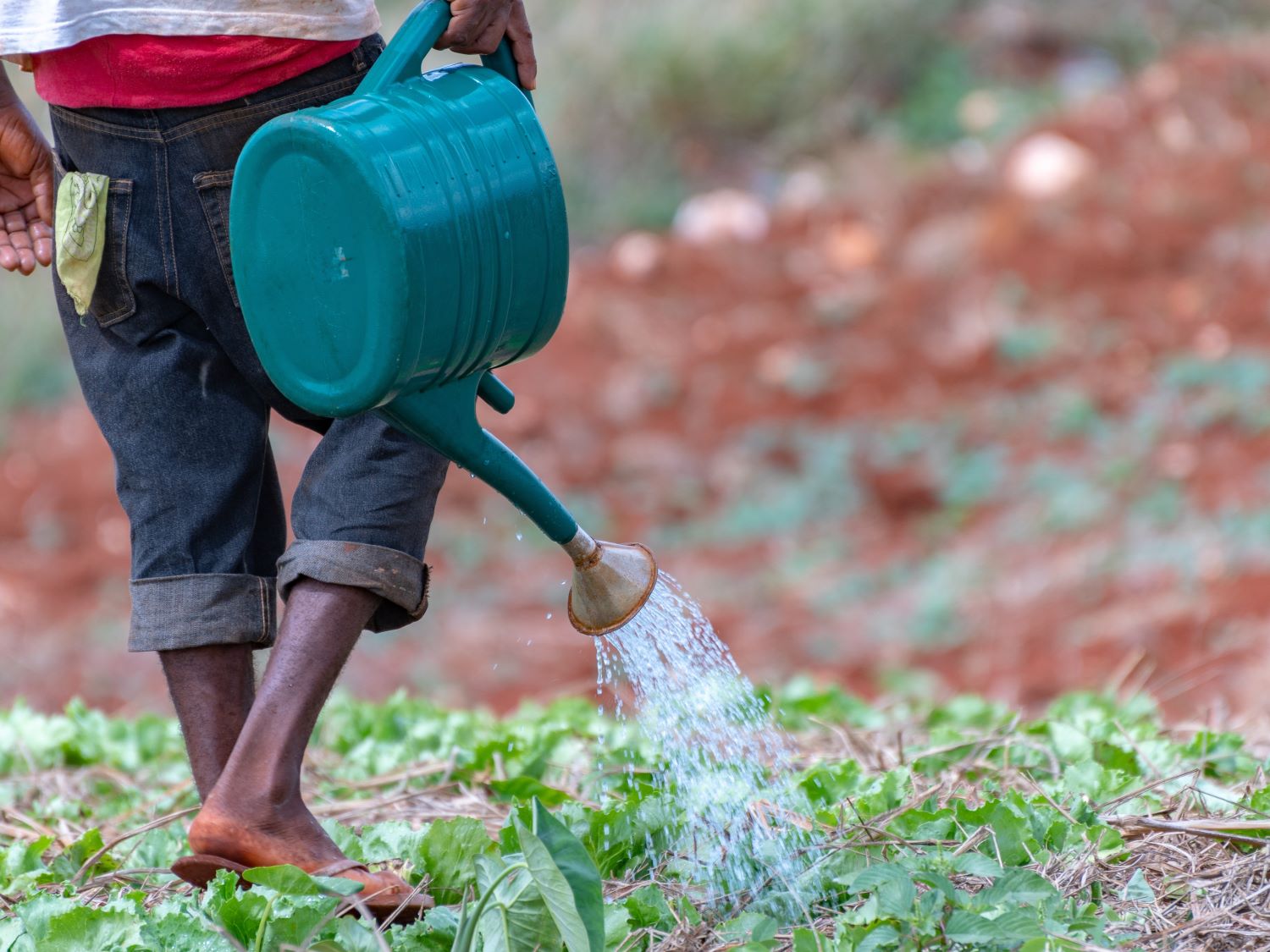
Jamaican farmer watering lettuce. Credit Debbie Ann Powell / Shutterstock.com
Lambda cyhalothrin was the most reported pesticide in relation to health incidents. It is highly toxic to mammals, fish, aquatic invertebrates and honeybees. It is also hazardous to humans and is classified by the EU as ‘fatal if inhaled’. Frequently reported symptoms in Trinidad and Jamaica included skin, eye and throat irritation and abnormal involuntary movements.
Despite the widespread promotion of personal protective equipment (PPE) as a means of reducing risks, the study found that people using PPE were being poisoned at a similar rate to those that were not. Given the well-documented adverse effects of these chemicals on human health, the study clearly indicates an urgent need for stronger regulation and for safer alternatives to be made available to farmers. To address this, the authors of the study provide guidance on alternatives to HHPs for tropical vegetable production. They also outline key policy recommendations to reduce reliance on HHPs, thereby improving both human health and environmental sustainability, and promoting long-term agricultural productivity in Jamaica, Trinidad and Tobago, and the wider Caribbean.
Dr Dwight Robinson, a co-author and leading Pest Ecologist at the University of the West Indies in Jamaica, told us ‘This new study throws light on a problem that is poorly understood and often overlooked. It gives farmers, regulators and other industry stakeholders very clear, new information about a few pesticides that are causing the majority of acute health problems. While personal protective equipment goes some way to reducing the problem, achieving higher and more effective levels of use remains challenging under the prevailing environmental and socio-economic conditions in the Caribbean. By far the most effective way for farmers to protect themselves is to use safer options for managing pests.’

